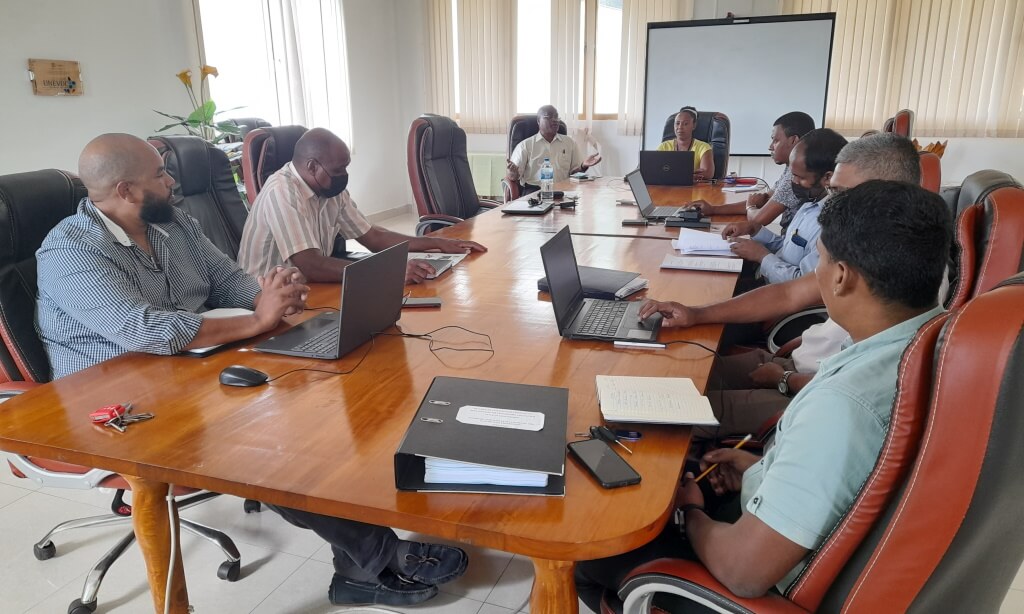Frequently asked questions
SQA is open for walk-ins on Mondays, Wednesdays and Fridays from 8.30 to 3pm, on other days it is strictly by appointment, but clients may call for clarifications.
"Evaluation" means the process of evaluating and validating qualifications so that the qualifications holder can be considered for further/higher education and/or employment activities. E.g. in the case of GOP application for foreigners.
A "Certified True Copy" is a copy of an original qualification certificate or other document that has been certified by an authority, legal entity, or any other authorised body as being a true copy of the original. The original is always required for this process.
The process of recognition begins only after the applicant has submitted all the required documents. Usually, if all required documents have been submitted along with the application, the certificate(s) are certified on the same day.
The process of evaluation begins only after the applicant has submitted all the required documents. Applications may take from 15 to 60 working days, depending on the specificity of each case. Fast Track Evaluations are usually done within 15 working days
Unit standards are statements of outcome(s) of learning and/or work activity needing to be formally assessed. Unit standards make up the components of a qualification and may be formally recognised as an award independently of the award of the qualification. Unit standards and/or Qualifications are awarded at the end of learning. They are awarded following robust assessment of the abilities of persons who have undertaken formal and/or informal learning in relation to specified knowledge, understanding, skills and personal attributes at a specific level (NQF levels of complexity and demand)

